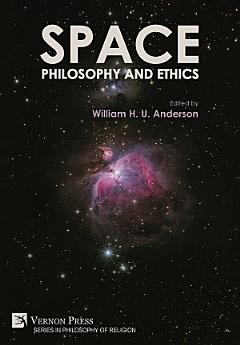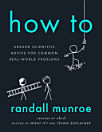Space, Philosophy and Ethics
O ovoj e-knjizi
This book attempts to speak to the philosophical and ethical issues raised by space. Who owns space? Who should pay for space exploration and what is the impact on human beings on earth today? What happens if we’re not alone in the universe? What is the value and meaning of space exploration? What are the ethical implications of AI and Technology in relation to space exploration (what if they get away from us?!)? Questions! Questions! Questions!
The Call for Chapters for this book Space, Philosophy and Ethics read: “For space science people, this conference is a platform to discuss the subconscious philosophical and ethical implications of their research that have been in the back of their minds while researching. For philosophers and non-specialists, it is an opportunity to learn together and struggle to find solutions for the philosophical and ethical quandaries that space science, exploration and technology present to humanity”.
The approaches to space seem endless. Physics, as Aristotle discovered, inevitably leads to metaphysics, and metaphysics always have ethical concerns. The book loosely follows this outline. It begins and ends with the metaphysical implications of space, the spiritual, if you will. It leads with poetry. That seems appropriate since while we may ask many questions regarding space, we are likely to find very few answers. Then the book briefly looks at the ethical implications of AI and Technology for space exploration. There are chapters that deal with the material ethics of space commerce and ontology. Telos and Axiology (Value) are also explored. This book hopes to facilitate human struggle with the ethical implications of space rather than presuming to solve all its problems.
O autoru
William H. U. Anderson did his Ph.D. in Biblical Studies and Theology in Postmodern Literary Critical Circles at the University of Glasgow in Scotland. Bill is Professor of Pop Culture, Philosophy and Religion at Concordia University of Edmonton in Alberta, Canada. He is the author of 'Qoheleth and Its Pessimistic Theology: Hermeneutical Struggles in Wisdom Literature' (1997) and 'Scepticism and Ironic Correlations in the Joy Statements of Qoheleth?' (2010). He has worked interdisciplinarily throughout his academic career and this is his fifth edited volume with Vernon Press in the Philosophy of Religion Series. His next book with VP is Music and Mind, co-edited with his Musicology colleague Dr. Jamie Meyers-Riczu, slated for 2025.






